The 2010 Jan Michalski prize for literature was awarded to the writer Aleksandar Hemon for his novel The Lazarus Project.
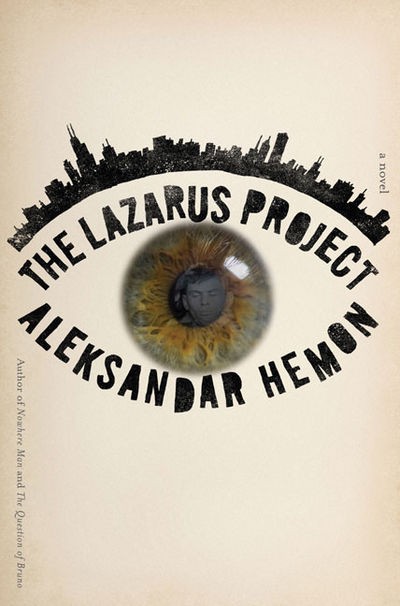
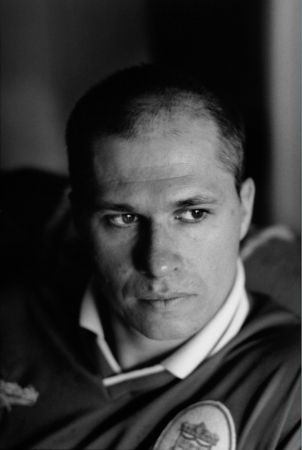
The 2010 Jan Michalski prize for literature was awarded to the writer Aleksandar Hemon for his novel The Lazarus Project, whose most remarkable aspect, leaving aside the ever-present black humour and the unbelievable richness of the language, is the ability to manage two narrations simultaneously at two distinct historical periods. 1908: the still obscure assassination of Lazarus Averbusch, a young man who had escaped the pogroms, a Ukrainian Jewish emigrant, against a background of anarchist agitation in Chicago, and 2003 : the journey of the Bosnian writer on the traces of Lazarus, in Ukraine, Moldova and Romania.
Laureate
The Lazarus Project, written directly in English, marvellously combines historical detail with the art of storytelling, embellished by a highly inventive use of language and with the siege of Sarajevo as its background.
The winner of the Jan Michalski Prize 2010, Aleksandar Hemon receives an award of CHF 50,000.00 and a work by the artist Olivier Estoppey that has been chosen for him.
Biography
Aleksandar Hemon is a Bosnian-American author, essayist, critic, television writer, and screenwriter, born in Sarajevo in 1964. He has lived in Chicago in the United States since 1992. He is the author of Love and Obstacles, The Question of Bruno and Nowhere Man. He has been the recipient of a Guggenheim Fellowship, a MacArthur Genius Award, and the St. Francis College Literary Prize.
Selections
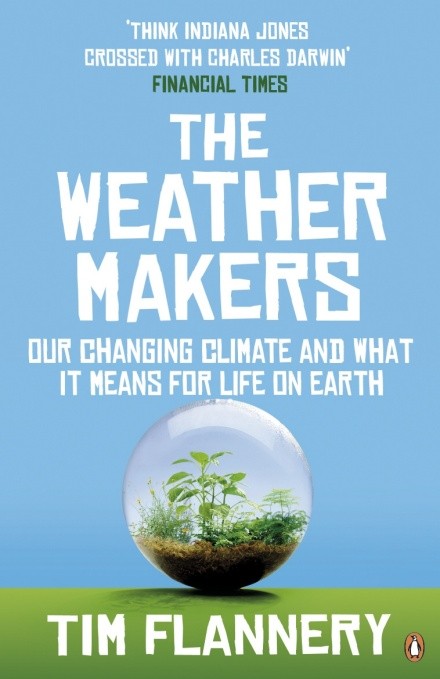
The Weather Makers – The history and future impact of climate change
Proposed by Vera Michalski-Hoffmann

The Lazarus Project
Proposed by Nuruddin Farah
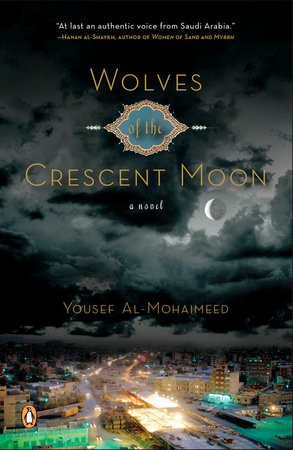
Wolves of the Crescent Moon
Proposed by Nuruddin Farah

The Weather Makers – The history and future impact of climate change
Proposed by Vera Michalski-Hoffmann

The Lazarus Project
Proposed by Nuruddin Farah

Wolves of the Crescent Moon
Proposed by Nuruddin Farah
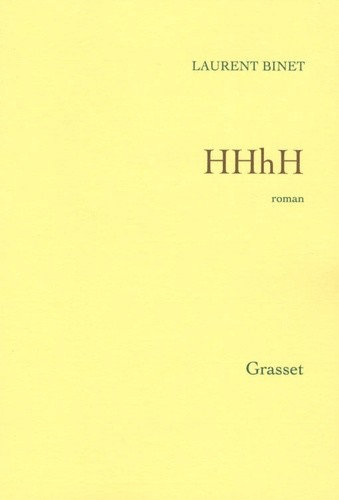
HHhH : Le cerveau d’Himmler s’appelle Heydrich
Proposed by Jorge Semprun
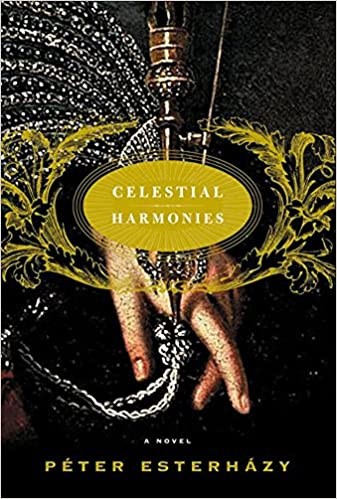
Celestial Harmonies
Ecco Press, 2004
Proposed by Włodzimierz Bolecki
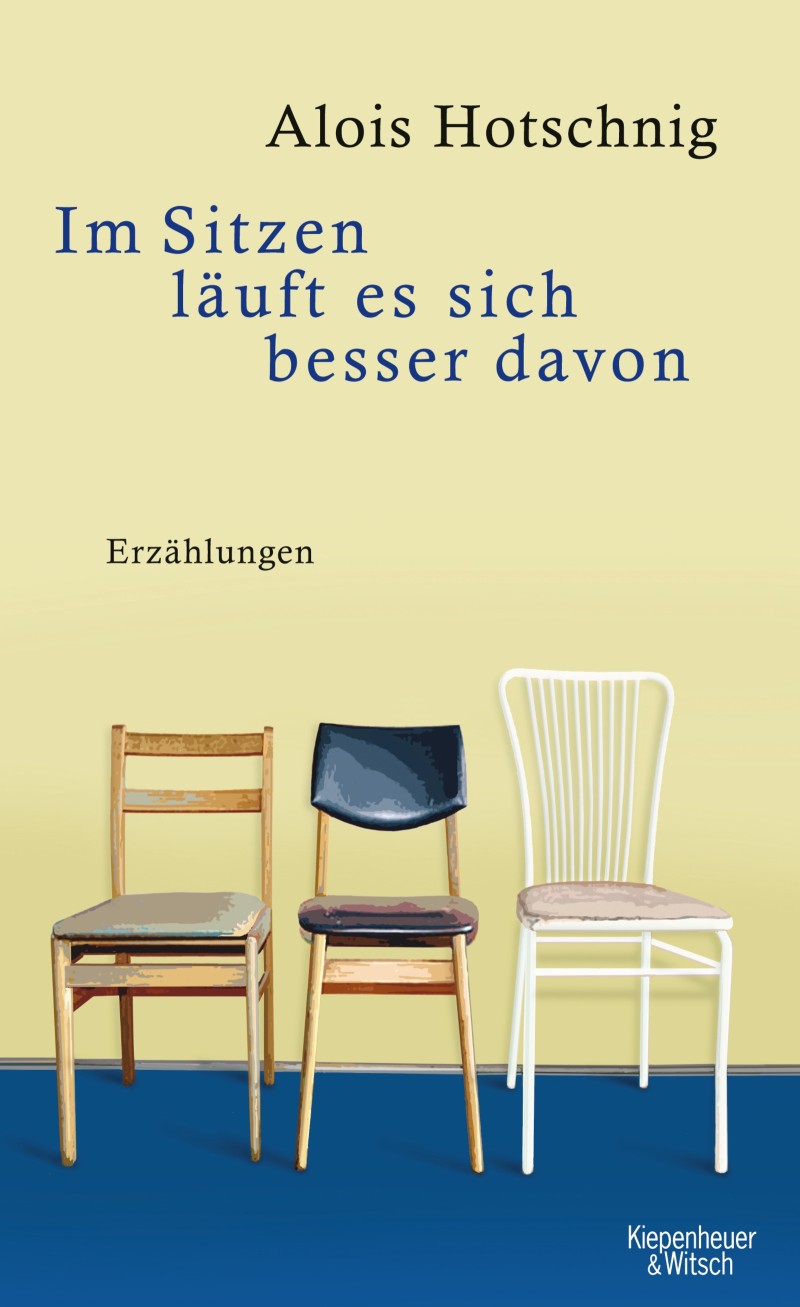
Im Sitzen läuft es sich besser davon
Proposed by Ilija Trojanow
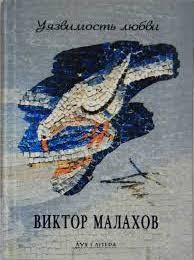
Ouïazvimost’ lioubvi
Proposed by Georges Nivat
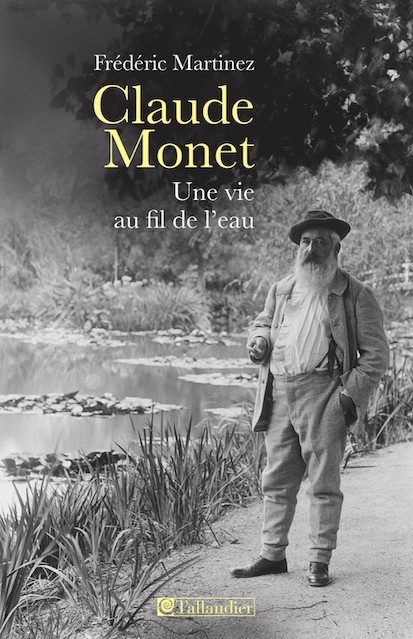
Claude Monet, Une vie au fil de l’eau
Proposed by Fabienne Verdier
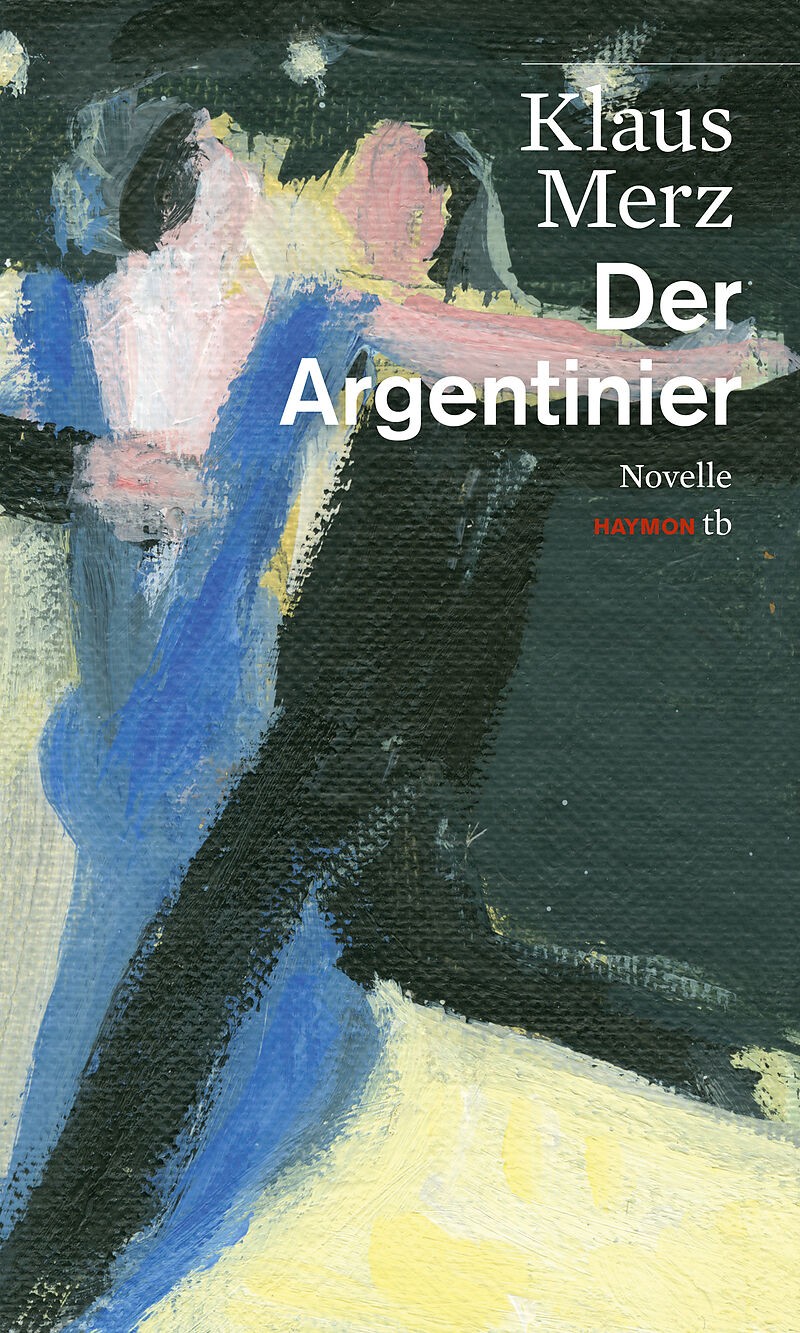
Der Argentinier
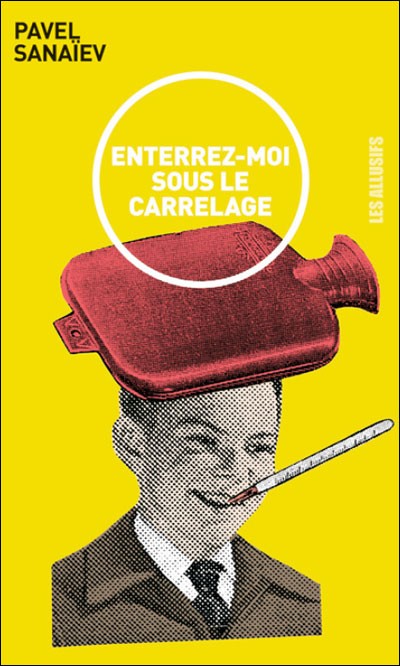
Enterrez-moi sous le carrelage
Jury
Vera Michalski-Hoffmann, President of the jury
A publisher, Vera Michalski-Hoffmann has devoted herself to the promotion of literature through the publishing group she founded with Jan Michalski. Starting in 1986, they published a wide range of authors, in French and Polish translations, through Noir sur Blanc, Buchet-Chastel, Phébus and Wydawnictwo Literackie. In 2004, Vera Michalski created the Fondation Jan Michalski pour l’écriture et la littérature to promote reading and provide support for writers.
Włodzimierz Bolecki
Born in 1952 in Warsaw, Włodzimierz Bolecki is a theoretician and historian of Polish literature. He graduated from the University of Warsaw in 1976 with a degree in philology, before going on to get a PhD in literary studies. He began teaching in 1981 at the Polish Academy of Arts and Sciences, first as a lecturer, then adjunct professor, and finally full professor. As a guest speaker, he has lectured in numerous universities outside of Poland, including the Czech Republic, Denmark, France, the Netherlands, Canada, the United States, Sweden, the United Kingdom, and Switzerland. He is a member of PEN, the Association of Polish Writers, the Scientific Society of Warsaw, and the Adam Mickiewicz Literary Society. He is also the author of books, articles and studies, and the editor of a number of collective publications.
Nuruddin Farah
Born in 1945 in Baidoa, Somalia, Nuruddin Farah is a novelist, short-story writer and essayist writing in English. While studying at the University of Punjab in India and subsequently teaching at the National University of Somalia, he published his first novel in 1970, From a Crooked Rib (reprinted by Penguin Editions in 2003), described as “one of the cornerstones of modern East African literature today.” His many publications include A Naked Needle (1976); Sweet and Sour Milk (1979), Sardines (1981), and Close Sesame (1983), which form the trilogy Variations on the Theme of an African Dictatorship; Secrets (1998), the last book in the Blood in the Sun trilogy; Knots (2007), from the Past Imperfect trilogy; and North of Dawn (2018). His novels, translated into some fifteen languages, have earned him a number of prestigious prizes, including the Kurt-Tucholsky-Preis in 1991, the Neustadt International Prize for Literature in 1998, and the Lettre Ulysses Award in 2003.
Georges Nivat
Born in 1935 in Clermont-Ferrand, France, Georges Nivat is a scholar of Slavic languages specialized in translating the Russian world for French-speakers. Emeritus professor at the University of Geneva, he is also rector of the International Centre Lomonosov. After graduating from the Sorbonne with a licence in Russian and English, he began a career in academia, taking a series of teaching posts at the universities of Toulouse, Lille, and Paris X. Concomitantly he worked with two French publishers, L’Âge d’Homme and Fayard, and later served as president of the Rencontres Internationales de Genève. The author of numerous books and French translations, he has published a trilogy on Russian culture with L’Âge d’Homme: Vers la fin du mythe russe (1982), Russie-Europe, la fin du schisme (1993) and Vivre en russe (2007). He was awarded an honorary degree by the Mohyla Academy in Kyiv.
Jorge Semprun
Born in 1923 in Madrid, Jorge Semprún was a novelist, scriptwriter, and Spanish politician, most of whose works were written in French. His texts, autobiographical for the most part and published by Gallimard, recall an existence haunted by the horrors of World War II. He retraces his deportation to Buchenwald and his activities in the Spanish Communist Party in his best-know titles, Le grand voyage (1963, Prix Formentor 1967; translated as The Cattle Truck), L’évanouissement (1967, translated as The Fainting Fit), La deuxième mort de Ramón Mercader (1969, Prix Femina; translated as The Second Death of Ramón Mercader), Quel beau dimanche (1980, What a Beautiful Sunday!), L’écriture ou la vie (1994, Prix Femina Vacaresco and Prix littéraire des droits de l’Homme 1995; translated as Literature or Life), and Le mort qu’il faut (2001, Prix des Charmettes/J.-J Rousseau). He served as Spain’s Culture Minister from 1988 to 1991, was elected to the Académie Goncourt in 1996, was awarded the Prix Ulysse for his body of work in 2004, and received several honorary degrees, from the Université Paris-Est in 2000, the Université catholique of Louvain in 2005, and the Université Haute Bretagne in 2007.
Ilija Trojanow
Born in 1965 in Sofia, Bulgaria, Ilija Trojanow is a Bulgarian-German writer, essayist, translator, and publisher. In 1971, his family fled Bulgaria for West Germany, where they received political asylum, then settled in Kenya for twelve years. Between 1984 and 1989, he studied law and ethnology at the University of Munich. In 1989, he founded Marino, a publishing house specialized in African literature, and began publishing essays and travel accounts dealing with Africa as well as German translations of African authors. His first novel, Der Weltensammler (2006, published in English as The Collector of Worlds, 2007), was awarded the Leipzig Book Fair Prize the same year of its original publication. His other titles available in English are Custodians of the Sun, Along the Ganges (2005), Mumbai to Mecca (2008), and The Lamentations of Zeno (2016). In 2002, he became a member of PEN Federal Republic of Germany.

